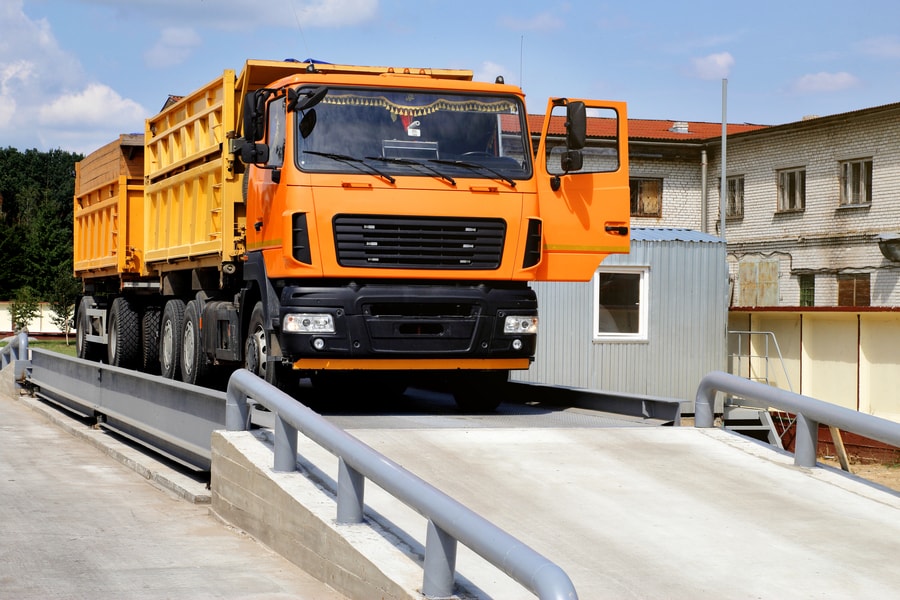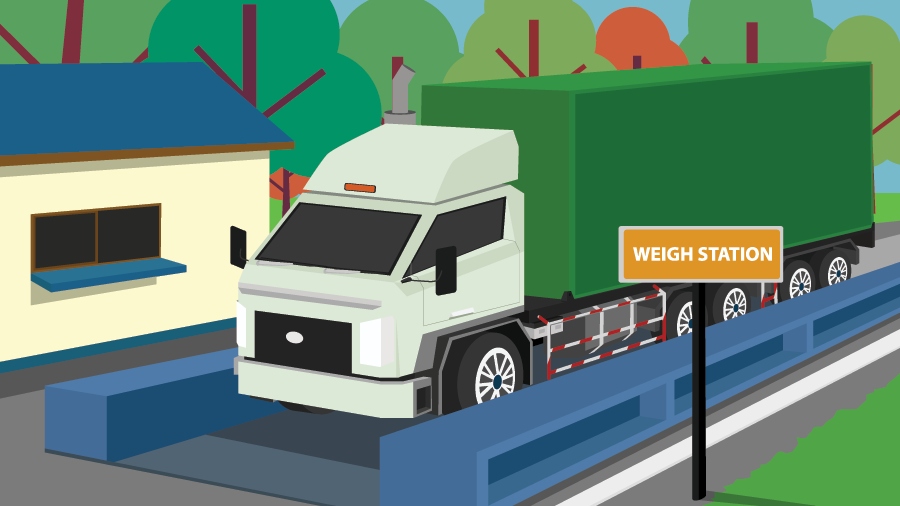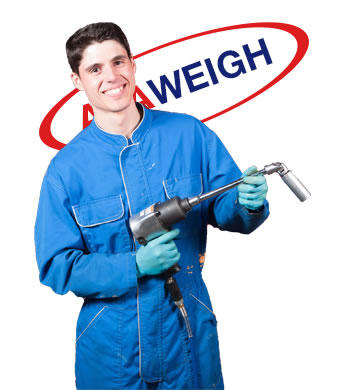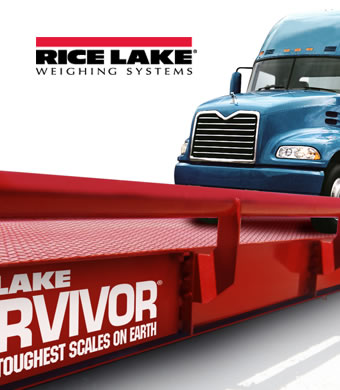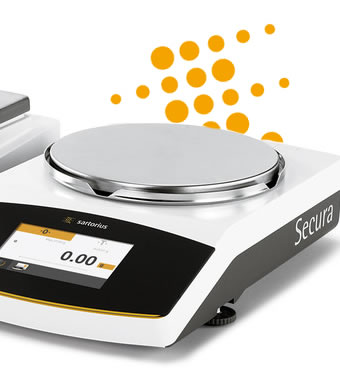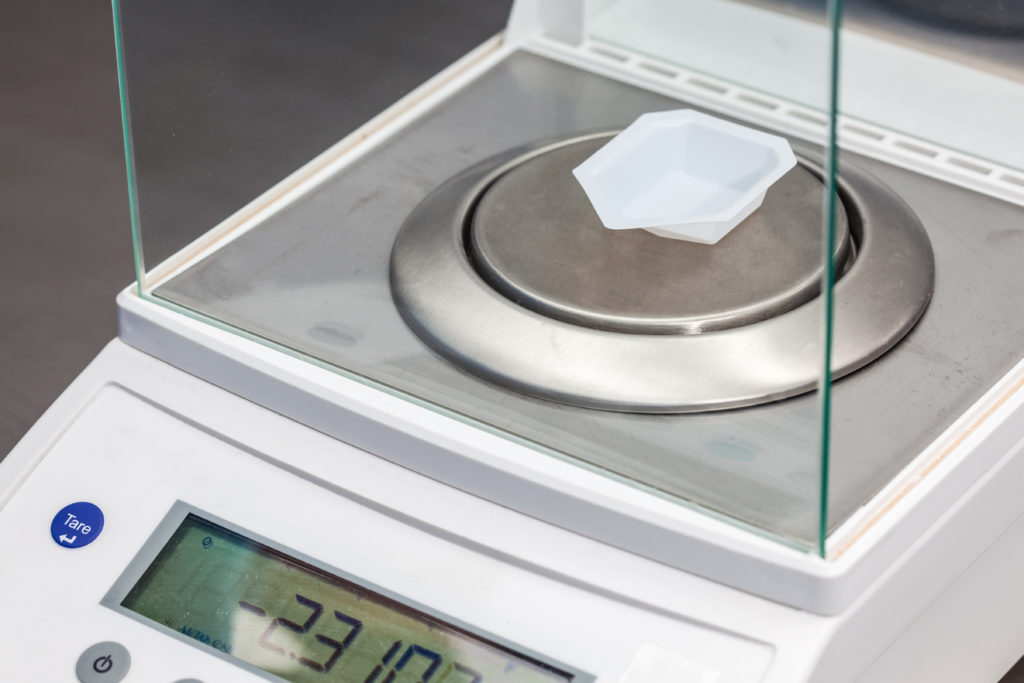
A laboratory balance may not be at the forefront of your mind until you need it for a particular project. However, they might be imperative to completing your project without error. Laboratory balances are used to measure the mass of an object with precision. This may sound simple enough, but the need for precision can be essential to some projects and not every scale or balance can achieve the correct amount of accuracy. This is why you will need to consider the facts and features of laboratory balances before choosing the right one for you.
Laboratory Balances: The Facts
Laboratory balances work by using several different internal pieces to create the highest quality accuracy measurement. They actually measure the force needed to counter the mass of the object being weighed. The weighing pan in most laboratory balances is sealed so that dust and other contaminants do not get in the way of the precision weighing. Here are a few things to consider when choosing which balance to get:
- Display: When it comes to displays you have options. It can either be an analog display or a digital display. In some cases, you may be able to find remote displays.
- Broad weighing range
- High accuracy
- Room temperature samples: Keeping samples at room temperature prevents the formation of air currents.
- Interface: You have a few choices when it comes to interface including parallel, universal serial bus, serial and wireless.
These are significant considerations to keep in mind when you are determining which kind of laboratory balance you should choose.
Analytical Balances
Analytical balances are some of the most precise measuring devices, which means there are several margins for error. These small, but significant factors can cause an entire project to go haywire if you are not cautious. Be on the lookout for these sources of errors:
- Evaporation
- Friction
- Buoyancy
- Misalignment
- Condensation
- Miscalibration
- Seismic disturbance
- Gravitational abnormalities
Analytical balances are essential for laboratories to get the most precise readings possible for projects. These balances are best used to weigh small masses with top-notch accuracy.
However, they are often very sensitive and maintenance should be a priority to keep the project’s integrity in order. You should have a professionally trained technician regularly calibrate your balance.
Selecting the Right Laboratory Balances for Your Lab
Selecting the correct laboratory balance can be difficult at first, which is why you will need to consider a few factors before making a decision:
- What is being measured?
- What are your accuracy needs?
- What are your maximum capacity needs?
- How much space do you have to place the balance?
When determining the correct scale and balance for your laboratory, you will need to ask yourself these are critical questions. You will also want to consider budgetary limits as laboratory balances can get costly. There is a range of laboratory balances to choose from that can meet your needs, such as:
- Equal-arm balances
- Unequal-arm balances
- Beam balances
- Platform balances
- Moisture balances
- Spring balances
- Top-loading balances
You will need to determine which one is best for your needs and then find the best one on the market.
Rent Balances from AAA Weigh Incorporated
When you have determined which balance is right for you, you need to find a company with the best offers on balances, scales, and maintenance options. Look no further than AAA Weigh Incorporated. We have a range of balances and scales available to purchase. We also offer a variety of scales and balances to rent for short-term projects. Contact us online or call us at 866-728-6292 to get started today.

